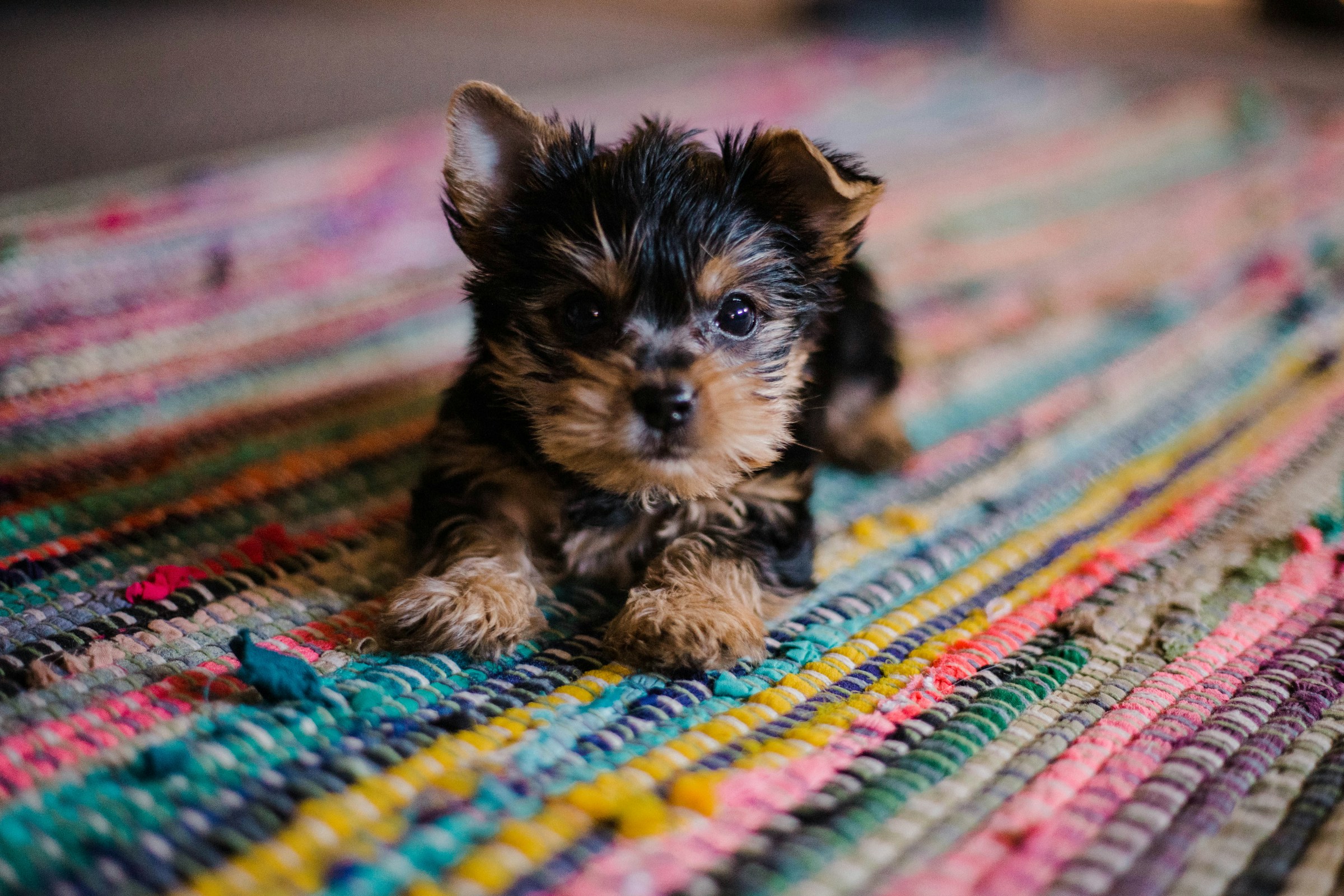What Are the Best Strategies for Raising a Puppy in an Apartment Complex?

Raising a puppy in an apartment complex presents an interesting set of challenges. The confined space, close proximity to neighbors, and lack of a private yard can make it tricky, but with the right strategies, it is more than possible. Here you will find comprehensive guidance about how to surmount these challenges and raise a happy, healthy puppy in your apartment. We will cover topics such as apartment-friendly breeds, potty training, socialization with humans and other dogs, keeping your puppy occupied, and ensuring they get enough exercise.
Choosing the Right Breed for Apartment Living
Your choice of breed plays a significant role in how well-suited your puppy will be to apartment living. Some breeds are better suited to confined spaces and are more tolerant of noise and other disturbances. Others may require more space or may be more prone to anxiety in crowded, noisy environments.
A lire aussi : How to Teach a Cocker Spaniel to Hunt Using Scent Detection Techniques?
Small to medium-sized breeds are typically the best choices for apartment-dwelling dog owners. Breeds such as French Bulldogs, Cavalier King Charles Spaniels, and Pugs are known for being excellent apartment dogs. These breeds are generally more tolerant of close-quarters living and are less likely to be disturbed by the hustle and bustle of apartment life.
However, size isn’t everything. Energy level and temperament are equally, if not more, important. For instance, Greyhounds are large dogs, but they are also low-energy and known for being good apartment dogs.
Lire également : How to Create an Ideal Temperature Gradient in a Leopard Gecko’s Enclosure?
Before choosing a breed, research its typical characteristics and behavior thoroughly. Consider consulting a vet or a dog behaviorist to get their professional opinion about what breeds would be a good fit for your living situation.
Potty Training Your Puppy in an Apartment
Potty training a puppy in an apartment can be a daunting task, but with patience, consistency, and the right techniques, it’s achievable. The key is to establish a routine and stick to it as much as possible. Dogs are creatures of habit, and they will quickly learn to follow a regular schedule.
One approach is to use puppy pads. These are absorbent pads that you can lay down in a designated area of your apartment. You can guide your puppy to the pad whenever they show signs of needing to use the bathroom. Over time, your puppy will learn to associate the pad with bathroom business.
Another approach is to take your puppy outside for bathroom breaks. This method can be more challenging in an apartment complex, especially if you live several stories up, but it’s still possible. If you choose this approach, remember to take your puppy out frequently—at least every two hours.
The Importance of Socialization
Socialization is crucial for all dogs, but it’s particularly important for puppies in apartment complexes. Your pup is likely to encounter a multitude of different people, animals, sounds, and experiences in an apartment complex. Proper socialization will help them feel comfortable and confident in these situations.
Start socializing your puppy as soon as you bring them home. Introduce them to a variety of people and animals, always ensuring that these interactions are positive and not overwhelming.
Living in an apartment complex provides plenty of opportunities for socialization. Take advantage of these opportunities. For instance, you can introduce your puppy to your neighbors and their pets.
Keeping Your Puppy Occupied
Puppies are bundles of energy, and they need plenty of mental and physical stimulation to stay happy and healthy. This can be challenging in an apartment, where space for play and exploration is limited.
There are various ways to keep your puppy occupied in an apartment. Toys are an excellent starting point. Invest in a variety of toys to stimulate your pup’s mind and satisfy their need to chew.
Training sessions can also provide mental stimulation. Teach your puppy basic commands like "sit," "stay," and "come." You can also teach fun tricks like "shake" or "roll over."
Ensuring Your Puppy Gets Enough Exercise
Exercise is vital for a puppy’s health and well-being. A lack of exercise can lead to a host of problems, including obesity, behavioral issues, and boredom.
Walking your puppy is the most straightforward way to ensure they get enough exercise. Aim for at least a couple of short walks each day. As your puppy grows and their stamina increases, you can gradually extend these walks.
Remember, raising a puppy in an apartment complex is a challenge, but with the right strategies, it can be a rewarding and enjoyable experience. Your puppy will grow up to be an adaptable, well-mannered dog who is comfortable in a variety of situations. How wonderful is that?
Dealing with Noise and Disturbances
Puppies are often sensitive to noise and disorder, and living in an apartment complex might expose them to these more frequently. It is crucial to help your puppy adapt to these disturbances in order to lead a relaxed and stress-free life.
Soundproofing your apartment might be a good place to start. Using rugs, curtains, or other sound-absorbing materials can significantly reduce the level of noise inside your apartment. Try to keep your puppy in the quietest part of your apartment, especially during their sleeping hours.
Exposure therapy can help your puppy adjust to the noise over time. Gradually acquaint your puppy to the sounds of the apartment complex, like the noise of the elevator, the sound of people moving about in the lobby or hallway, or the sounds of other pets. Ensure you have treats on hand to reward your puppy for calm behavior during these sessions.
Remember, it’s not only about noise. Your puppy will also need to get accustomed to seeing different people, pets, and activities taking place. Regular walks in common areas of your apartment complex can help your puppy get used to the sights and sounds that they will encounter daily.
Setting Boundaries and Rules
Laying down some ground rules and setting boundaries is as important in an apartment as it is in a larger home. It’s crucial for your dog to understand where they can go and what they can do.
One strategy is crate training. A crate can provide a secure, cozy space for your puppy. If done correctly, crate training can be invaluable for potty training and can also provide a safe haven for your puppy when they feel overwhelmed or anxious.
Teaching your puppy to respect your belongings is another key aspect of establishing boundaries. Training them to understand commands like "leave it" can help protect your furniture, shoes, and other personal items from curious teeth.
Remember, consistency is key when setting boundaries. It is important to establish and enforce these rules from the start, to prevent confusion and to help your puppy understand what is expected of them.
Conclusion
Raising a puppy in an apartment complex may require a bit of extra effort and patience. But don’t let this deter you. With careful planning, consistent training, and lots of love, you can raise a well-adjusted, happy puppy in an apartment setting.
Remember to choose your breed carefully, keep a consistent routine, provide plenty of social interaction, and ensure your pup has enough exercise. Consider soundproofing your apartment to lessen noise disturbances, and don’t forget to set boundaries and rules for your pup.
Raising a puppy in an apartment can be a rewarding journey, filled with love, adventure, and companionship. The bond you’ll develop with your four-legged friend will be well worth the effort. Enjoy every moment of this special time with your puppy.
